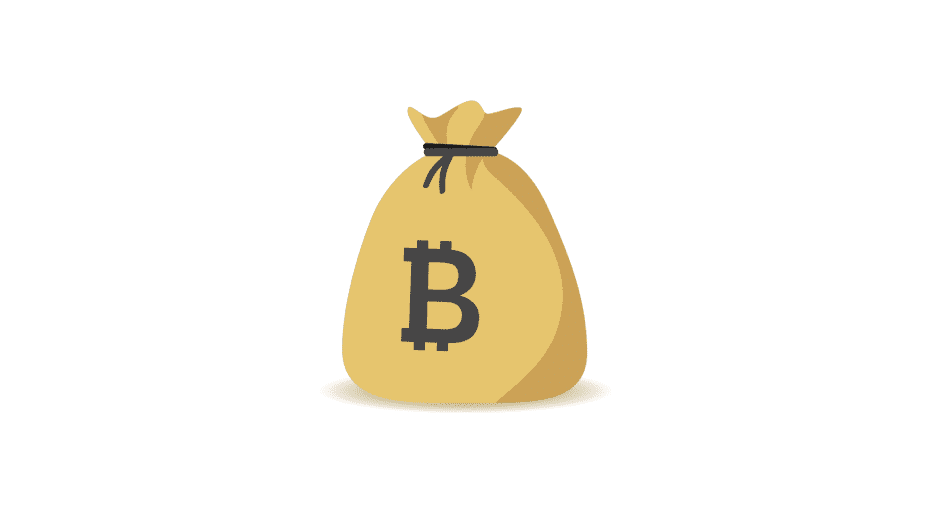Navigating Crypto Safely: Essential Tips to Avoid Bitcoin and Cryptocurrency Scams

As cryptocurrency adoption grows, so do the risks of scams and fraudulent schemes targeting investors. From phishing attacks to Ponzi structures, the digital asset space presents numerous threats that can compromise both novice and experienced participants. Experts emphasize that awareness, vigilance, and robust security practices are essential to protect assets. By employing strategies such as verifying platforms, securing wallets, avoiding unrealistic promises, and staying informed about emerging threats, investors can safeguard their holdings. Understanding these risks and implementing preventative measures is critical to participating confidently and sustainably in the evolving cryptocurrency ecosystem.
1. Verify Platforms and Exchanges
Before engaging with any exchange or crypto platform, conduct thorough due diligence. Check for licensing, regulatory compliance, user reviews, and operational transparency. Trusted platforms provide clear terms of service, verified customer support, and a proven track record, reducing the risk of fraud or sudden asset loss.
2. Secure Your Wallets and Authentication
Protecting private keys is paramount. Hardware wallets and multi-signature solutions offer superior security compared with software wallets or exchange-held assets. Activating two-factor authentication (2FA) further strengthens protection against unauthorized access.
3. Be Wary of Phishing and Social Engineering
Fraudsters frequently impersonate reputable platforms, sending fake links or messages to steal credentials. Always verify URLs, avoid clicking suspicious links, and double-check official communications before providing sensitive information.
4. Avoid Schemes Promising Unrealistic Returns
High-yield investment schemes and guaranteed profit offers are red flags. Experts note that legitimate crypto investments never promise fixed returns. Investors should carefully evaluate projects and understand underlying mechanisms before committing funds.
5. Monitor Smart Contracts and Tokens
Engaging with decentralized finance (DeFi) projects or new tokens requires scrutiny. Audit reports from credible firms, transparency in coding, and positive community feedback can reduce exposure to rug pulls or vulnerabilities.
6. Maintain Robust Digital Hygiene
Keep devices updated, use antivirus software, and avoid public Wi-Fi when accessing crypto accounts. These practices mitigate risks from malware, hacking attempts, or unauthorized access to digital wallets.
7. Stay Educated and Vigilant
The crypto ecosystem evolves rapidly. Continuous learning about scams, security measures, and emerging threats is crucial. Engaging with credible news, expert analysis, and community discussions helps investors remain informed and make safer decisions.
Outlook
While cryptocurrency offers tremendous opportunities, scams remain a persistent threat. By following these seven essential practices, investors can safeguard their assets, participate confidently, and navigate the digital asset landscape responsibly. Awareness, diligence, and proactive security measures are key to thriving in the high-risk, high-reward world of cryptocurrency.




